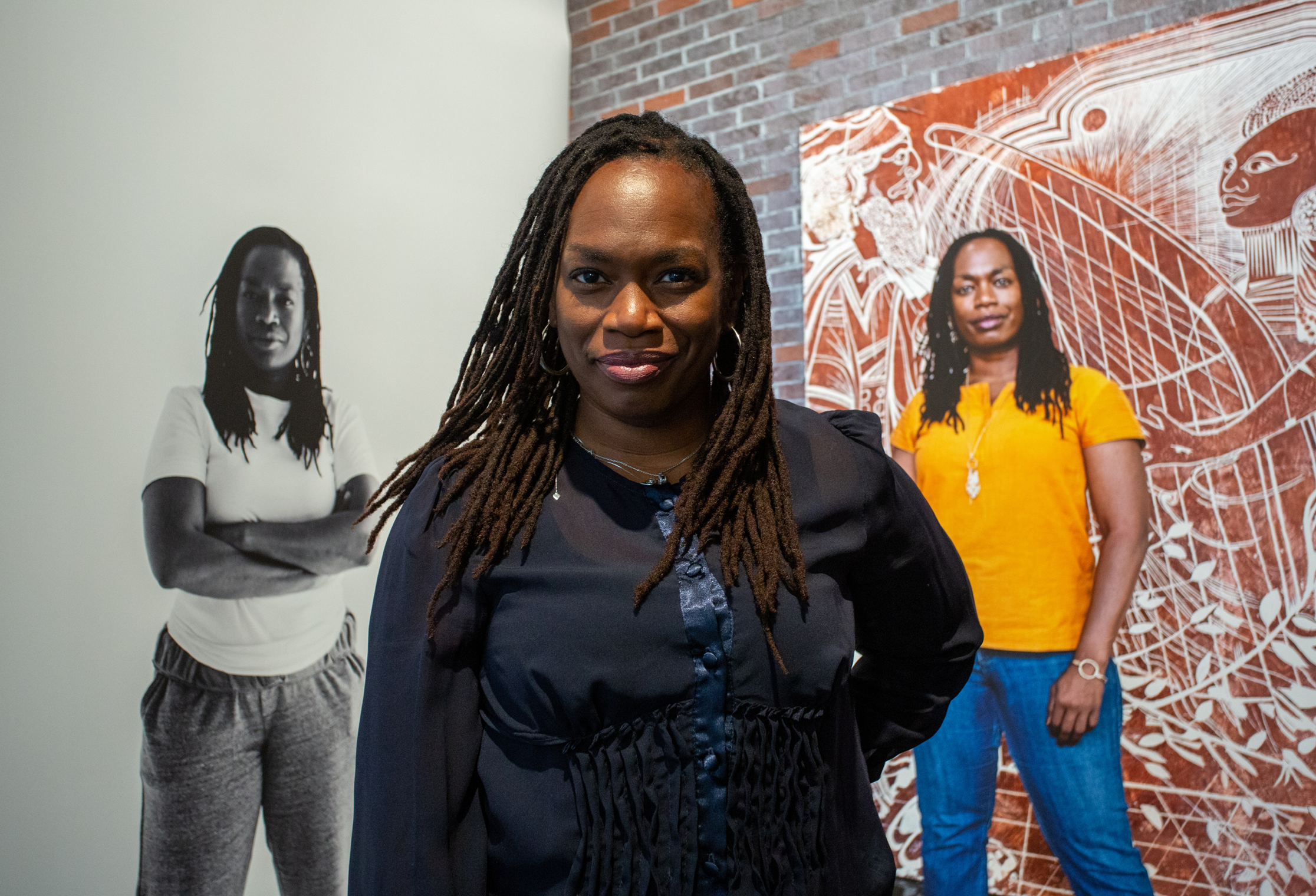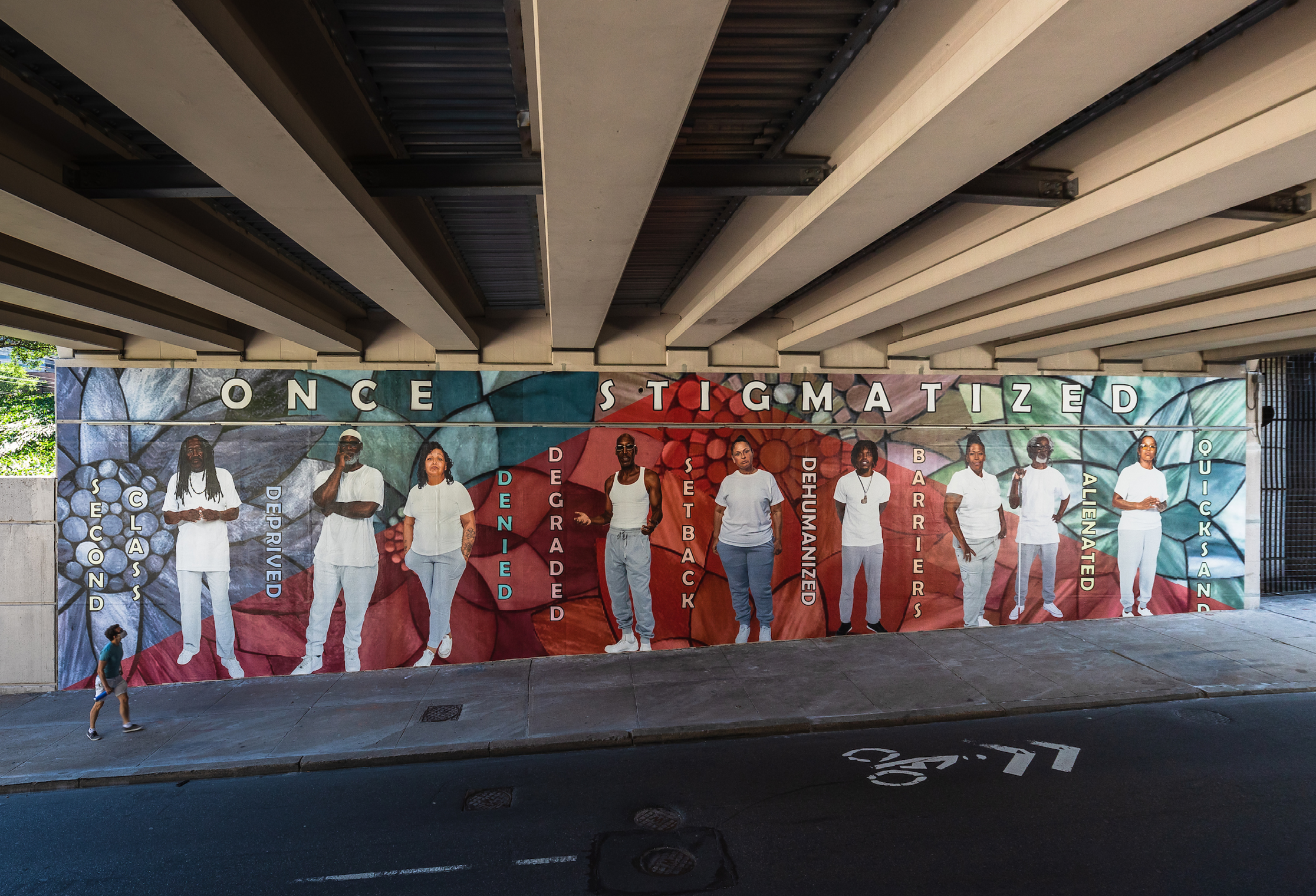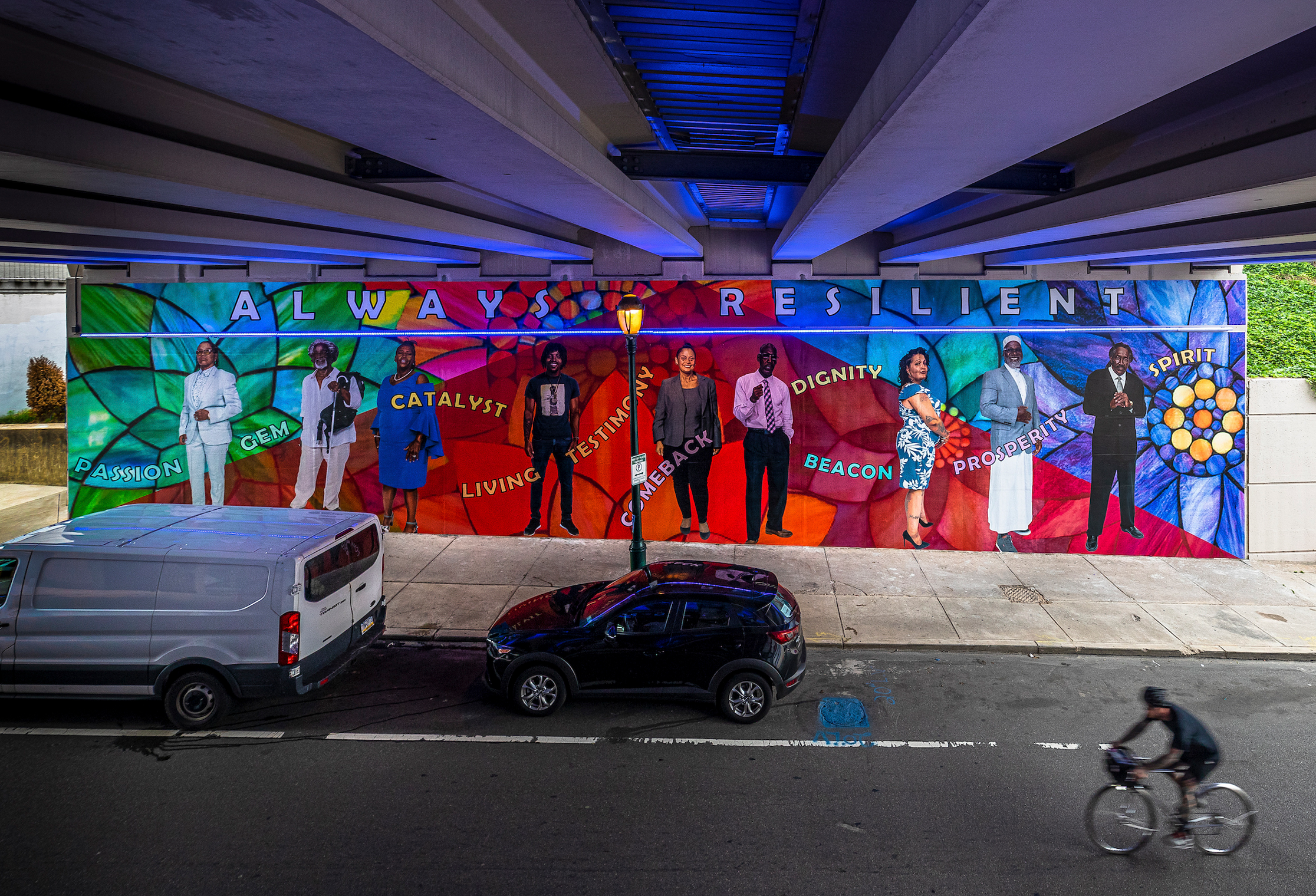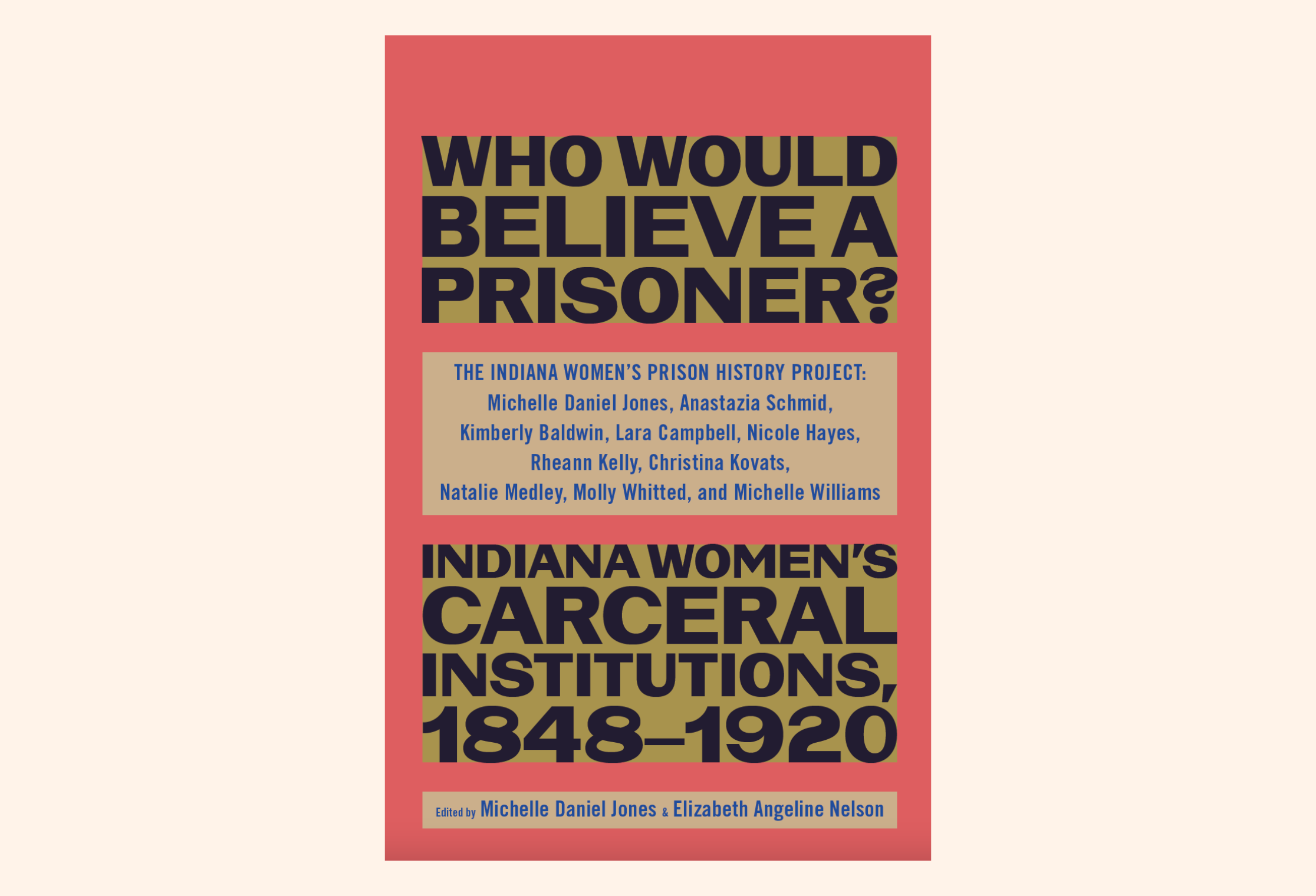Michelle Daniel Jones is an essayist, playwright, editor, visual artist, scholar, and cultural strategist excavating the collateral consequences of criminal convictions for people and families directly impacted by mass incarceration.
Jones’ necessary and solution-based research and advocacy work has led to the development and operation of taskforces, think tanks, and initiatives to reduce harm and end mass incarceration. These initiatives have included legislative testimony on a reentry alternative she created that was approved by the Indiana State Interim Committee on the Criminal Code, an anthology coedited by Elizabeth Angeline Nelson, Who Would Believe A Prisoner?: Indiana’s Carceral Institutions 1848-1920 (The New Press, 2023), and her co- authored original play, The Duchess of Stringtown. Her essays have been featured in scholarly publications such as Social Sciences, biography, Journal of Prisoners on Prison, Magazine of the American Historical Association, Journal of the Indiana Academy of the Social Sciences, and more. Her visual art and performances have included exhibits at NYU Gallatin Gallery in New York, the Beyond the Bars Conference at Columbia University, and the African American Museum in Philadelphia with a permanent Mural Arts of Philadelphia mural dedicated in October 2021.



